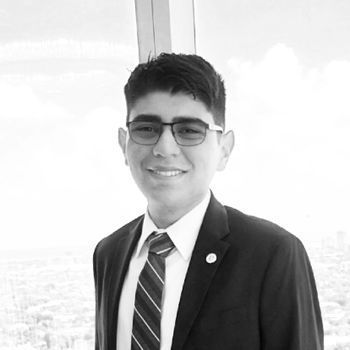Professors accuse Aristotle, Kant, Trump of racism in roundtable discussion on philosophy
One professor said, 'Aristotle should be seen as sort of pioneering racist thinking of the western tradition.'
Shakespeare Library hosted the conversation between four professors working in the field of philosophy, which they characterized as racist.
The Folger Shakespeare Library in Washington, D.C. hosted a forum of university professors on Thursday, during which the speakers leveled critiques of the Enlightenment and ancient philosophy for having racist foundations.
Charles Mills, a professor at the City University of New York, blamed Emmanuel Kant “in particular for modern racism.” Mills also stated that “Aristotle should be seen as sort of pioneering racist thinking of the western tradition.”
[RELATED: New York college diversity director admits to using Critical Race Theory on campus]
Robert Bernasconi, a Pennsylvania State University professor, stated that philosophy is “among the whitest of all the disciplines of the liberal arts today.” He also lamented about how many philosophers identify as Kantians, which he compared to saying “my philosophy is I’m a white guy, so I’m going to do white guy philosophy.”
Bernasconi then discussed the origins of freedom which comes “from the Greeks which was a slave society. It’s not surprising that when the conception of freedom is revived, it again relies on a slave society.”
Discussions of these philosophers were tied to the professors’ comments on former President Donald Trump and his administrations policies, which Mills viewed as a return to historical forms of racism.
[RELATED: OSU students furious after university reports Black-on-White ‘hate crime’]
Mills stated during the event that “``You could say of course with the Trump years we had a sort of return to the overt racism of the past.” Mills further commented that they need to “explore the relation between race, and the crucial array of concepts that are in a sort of definitive political philosophy.”
The June 17 event was part of a series at Folger called “Critical Race Conversations.” The library states on its website that “Racial injustice has been and continues to be systemic and damaging. Today, premodern critical race studies scholars are offering new insights into the prehistory of modern racialized thinking and racism. They are helping to create anti-racist spaces.”

